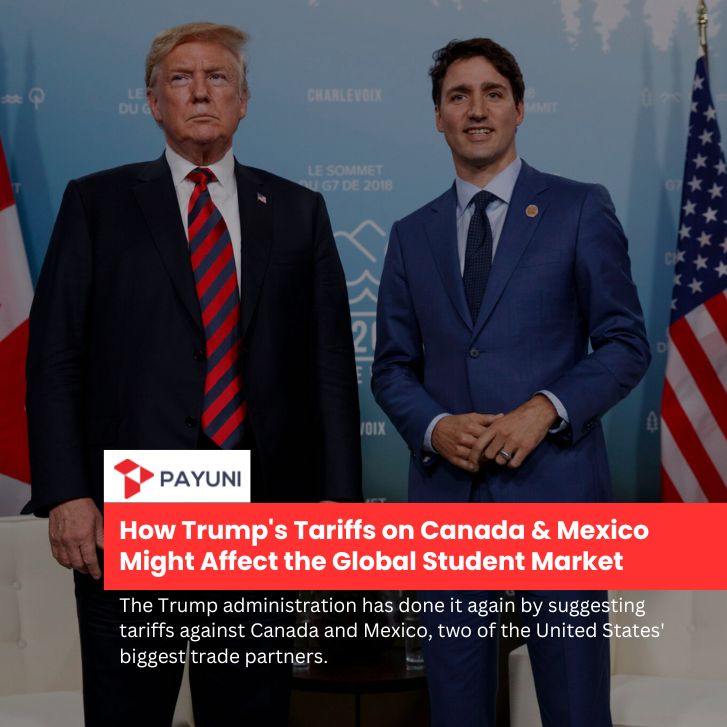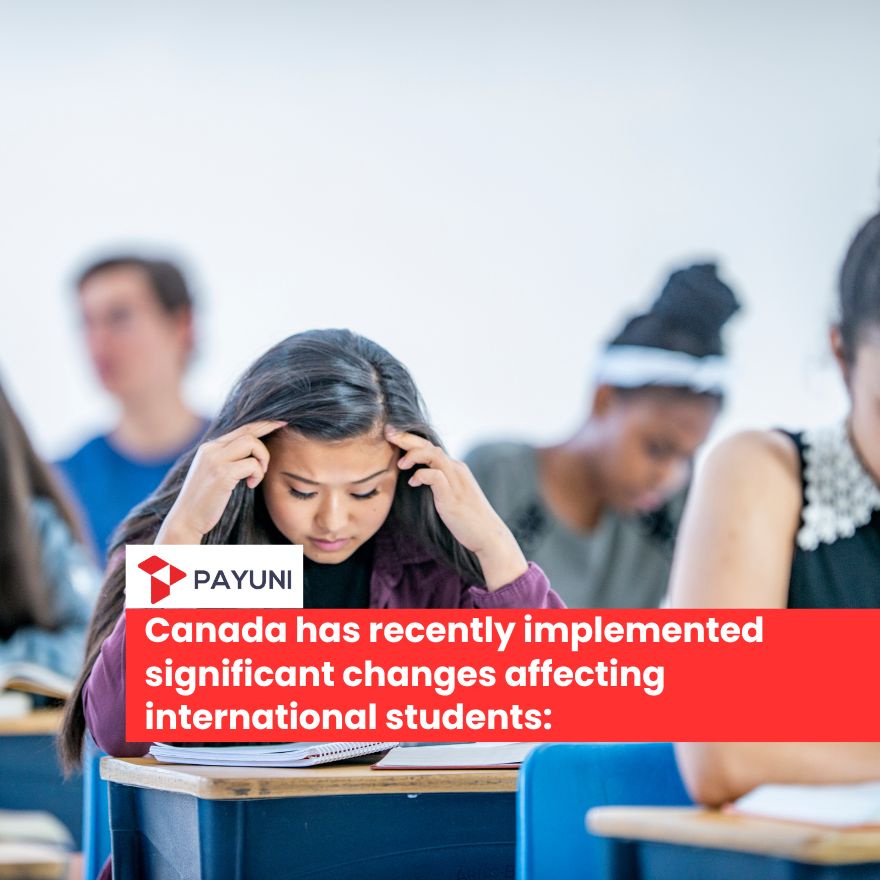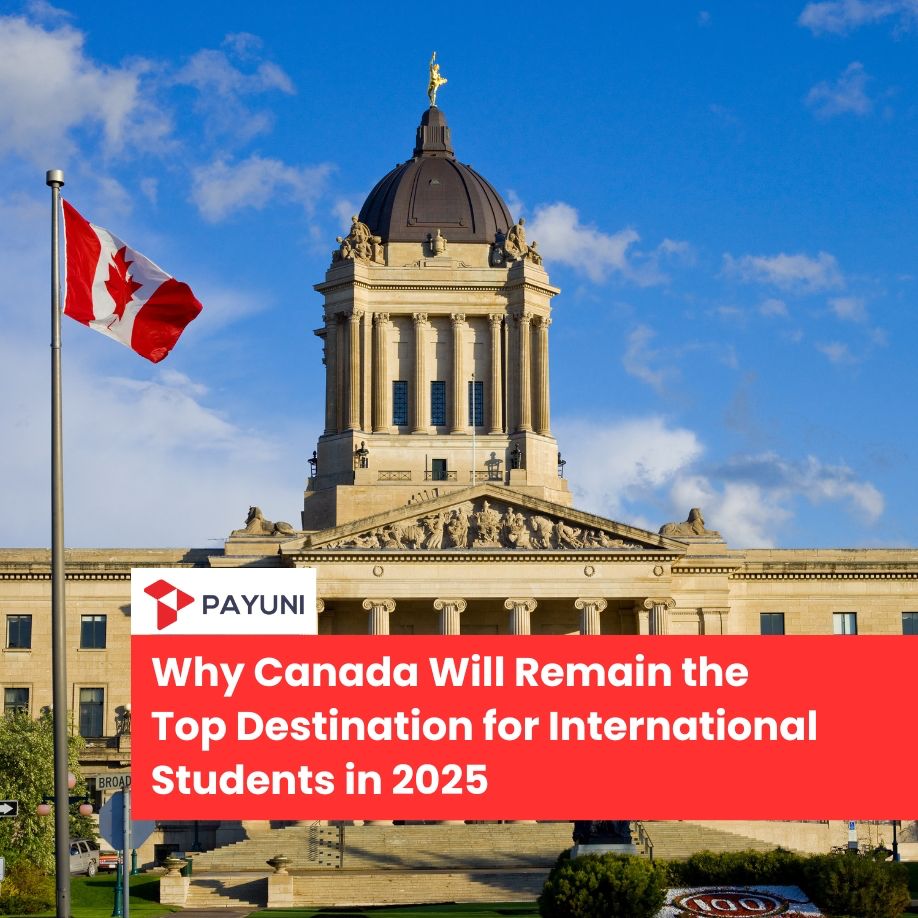How Trump's Tariffs on Canada & Mexico Might Affect the Global Student Market
The Trump administration has done it again by suggesting tariffs against Canada and Mexico, two of the United States' biggest trade partners. These economic actions, while targeted toward safeguarding American businesses, have ripple effects well beyond manufacturing and trade. There is one area that might face major disruption and that...
The Trump administration has done it again by suggesting tariffs against Canada and Mexico, two of the United States' biggest trade partners. These economic actions, while targeted toward safeguarding American businesses, have ripple effects well beyond manufacturing and trade. There is one area that might face major disruption and that is international education, or the global market for students.
Effect on Canadian and Mexican Education Systems
Economic Burden on Universities: Canadian and Mexican higher education institutions are highly dependent on foreign students as a source of income. If economic recessions result from tariffs, government subsidies and private investments in universities can decrease, impacting infrastructure, research, and student services.
Increased Cost of Education: Economic instability will contribute to inflation and devaluation of currency in both Mexico and Canada, and the cost of education will become higher for students within the countries and abroad. This could discourage students from taking admissions in Canadian and Mexican universities.
Decline in International Student Enrolment: Canada is one of the biggest international student hubs Economic uncertainty might render Canadian universities less desirable,and students may look for other options in more stable economies.
Changing Preferences in the International Student Market
Diversification to Other Study Hubs: In the event that economic conditions in Mexico and Canada become uncertain, students could turn to the UK, Australia,and European nations. Stable economies and open immigration policies in such countries could attract a large number of students who might otherwise have settled for Canada or Mexico.
Tuition Fee and Scholarship Changes: Canadian and Mexican universities can raise tuition fees for foreign students to offset losses, making it more expensive to study abroad. This might lead to students seeking alternative, cheaper options in Europe and Asia.
Impact on U.S.-Canada-Mexico Student Exchange Programs: Tariff tensions could also curtail cross-border exchange programs and academic cooperation among these countries. This would restrict opportunities for students to gain international experience.
What This Means for International Students and Institutions
For Students: Future students heading for Canada or Mexico would need to watch economic stability and currency variations closely, since these might alter living expenses as well as fees. Financial assistance, scholarships, and other ways of financing their studies may take on a vital role.
For Learning Institutions: Canadian and Mexican universities must formulate contingency measures, including extending recruitment drives to emerging markets, diversifying funding sources, and providing additional incentives to encourage international students in the face of economic uncertainty.
Conclusion
Trump's tariffs against Canada and Mexico are more than economic policies there are extensive implications across sectors, including global education. Students and institutions will have to adapt to the change as economic instability threatens, but governments and policymakers need to try to keep the global student market from being severely disrupted.
With nations such as Canada being a leading destination for foreign students, especially from India and Asia, institutions need to take proactive steps to keep themselves attractive even in the face of economic downturns.
Read more






















